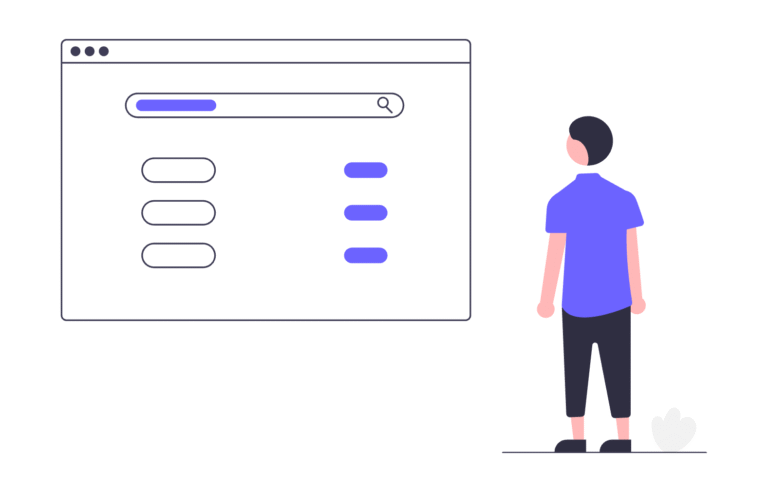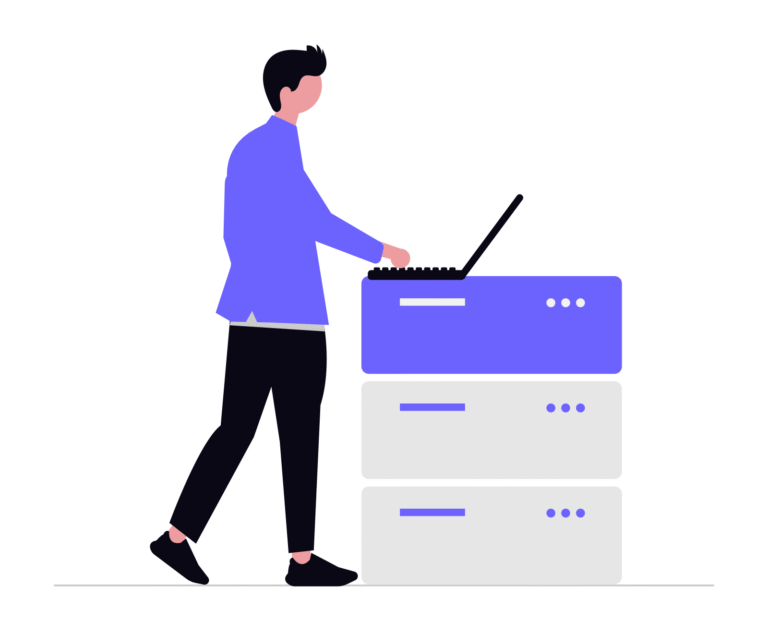If it’s online, it’s not hidden — no matter how deep you bury it.
Many businesses operate under a dangerous illusion:
“If nobody knows it’s there… we’re safe.”
That belief has led to some truly risky decisions:
- Leaving confidential documents in the root folder of a website
- Hosting admin panels on obscure subdomains with no protection
- Running test environments or dashboards on random ports, hoping no one looks
Here’s the hard truth:
Security by obscurity is not security.
Just Because You Don’t Advertise It…
…doesn’t mean it’s invisible.
Modern attackers don’t need clues. They have scanners — tools that sweep the internet 24/7 looking for:
- Open ports
- Misconfigured servers
- Exposed directories
- Guessable URLs
They don’t wait for a link. They find what’s there — even if you never told a soul.
Real Examples, Real Damage
- A company uploaded a PDF marked Confidential — For Internal Use Only — but placed it at yourcompany.com/pricing-plans-2024.pdf. Guess what Google indexed?
- An admin login was hosted at admin.yourcompany-test.xyz. It wasn’t linked anywhere. But Shodan still found it.
- A staging server was running an old CMS version on port 8080. No firewall, no monitoring. It became an easy backdoor.
Obscurity Can Delay — But Not Defend
Yes, an unusual URL might keep honest eyes away.
But attackers aren’t honest eyes. They’re looking for mistakes — not marketing.
If something must be online, it must be protected.
Ask Yourself
- Are there any sensitive files on your website that aren’t linked but still accessible?
- Are there tools, panels, or dashboards behind nothing but a weird URL?
- Are any old services or test environments still running, just hoping no one notices?
Better Than Obscurity
- Password-protect admin pages — or better, restrict by IP or VPN
- Use robots.txt to limit indexing (but don’t rely on it for secrets)
- Monitor what’s actually visible from outside (tools like Shodan, urlscan.io, or automated tools like IntruForce)
- Set alerts for newly exposed assets or directories
- Remove anything that shouldn’t be online — don’t just hide it
Final Thought
If it’s online, it’s discoverable.
Not by chance — by design. That’s how the internet works.
So stop hoping no one will look.
Start assuming someone already has.



